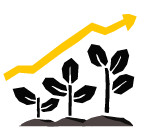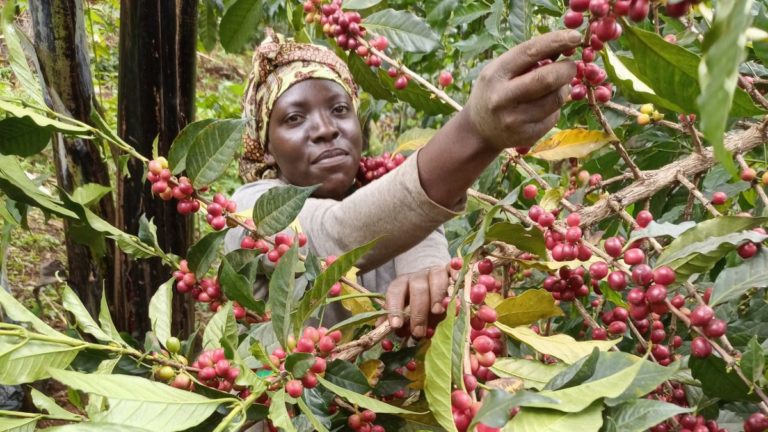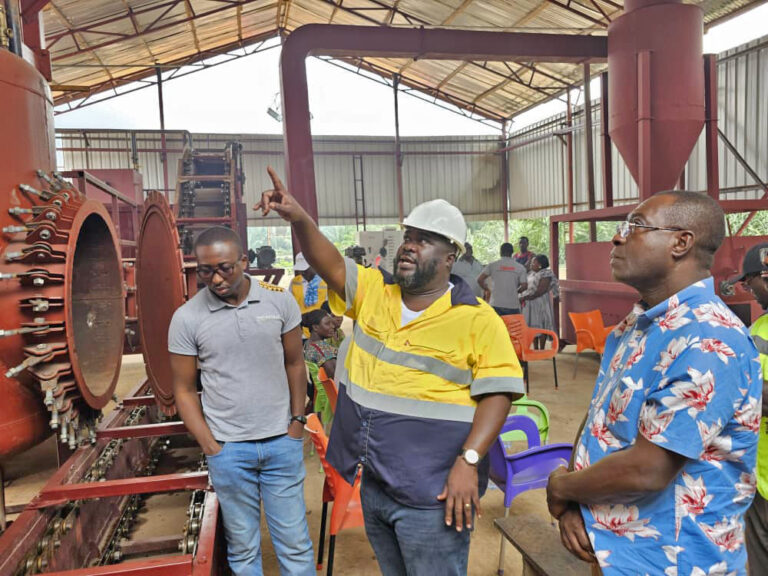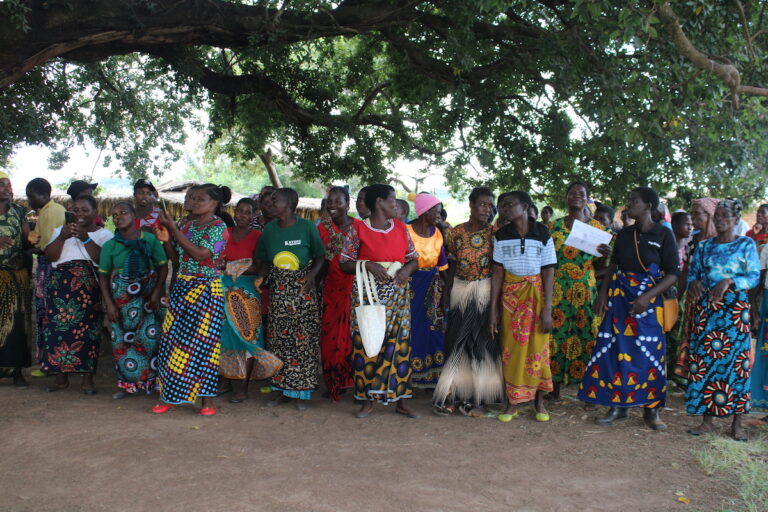Our ambition: Small-scale farmers operate viable and sustainable farm businesses that enhance economic, social and environmental sustainability and provide decent jobs for more workers.
This pathway focuses on transforming the way farming is carried out so that it is both sustainable and profitable for producers. Small-scale farmers and farm workers are empowered to adopt climate smart practices that heal the land, improve soil health, conserve water, and enhance biodiversity while also improving yields and crop quality
IMPACT IN PRACTICE
OUR SOLUTIONS
Solution-oriented ways to make farming viable
We tailor our solutions to the needs of farmers – in all their diversity, taking into account the variety of perspectives. Farmers are equal partners as we identify opportunities and co-create solutions.
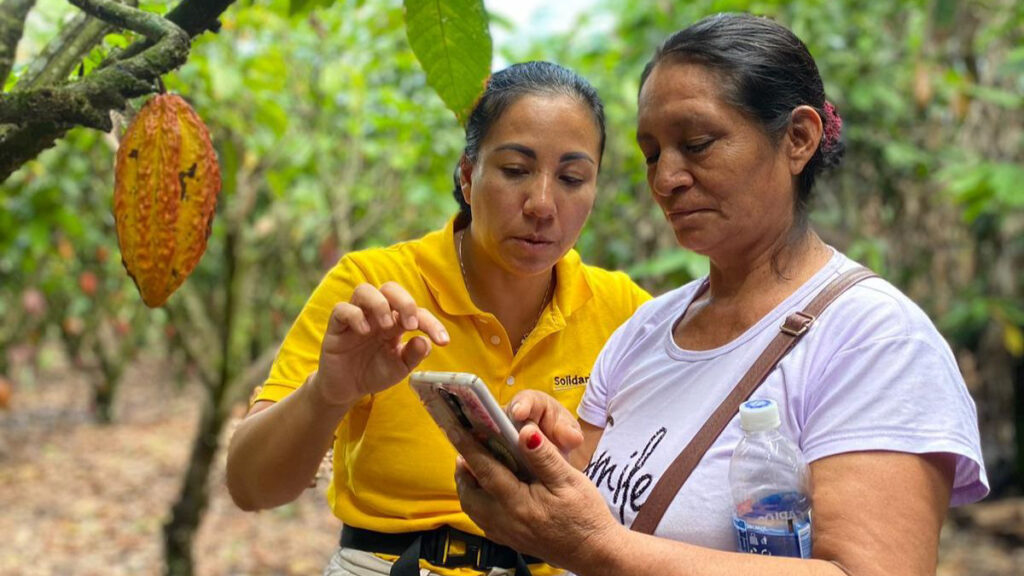
We introduce digital tools to help farmers in making informed decisions regarding crop and pest management, harvesting, and efficient soil management. It also provides farmers with up-to-date relevant market information, such as commodity prices. We will also explore the potential benefits of the evolving technology of AI to improve our digital solutions to offer better and more services to farmers.
LET’S WORK TOGETHER
Systemic change cannot be accomplished when actors work in isolation. It requires close collaboration with stakeholders at every level, including farmers, processors and companies, community leaders, civil society, and governments. Each and every actor has a role to play in creating more sustainable and equitable supply chains.
We are collaborating with a large number of trusted public and private sector actors, as well as foundations and individuals, to achieve a mutual ambition for a better world. Do you want to become part of this ambition and contribute? Please reach out to a partnership officer in your region.


